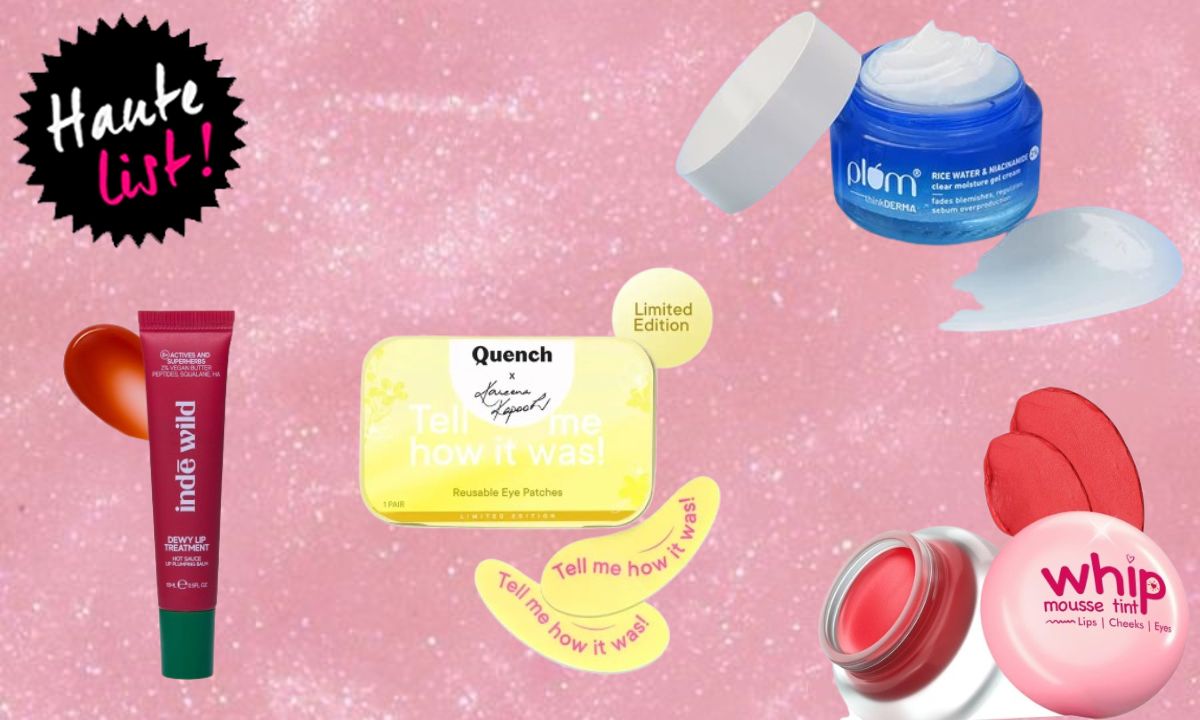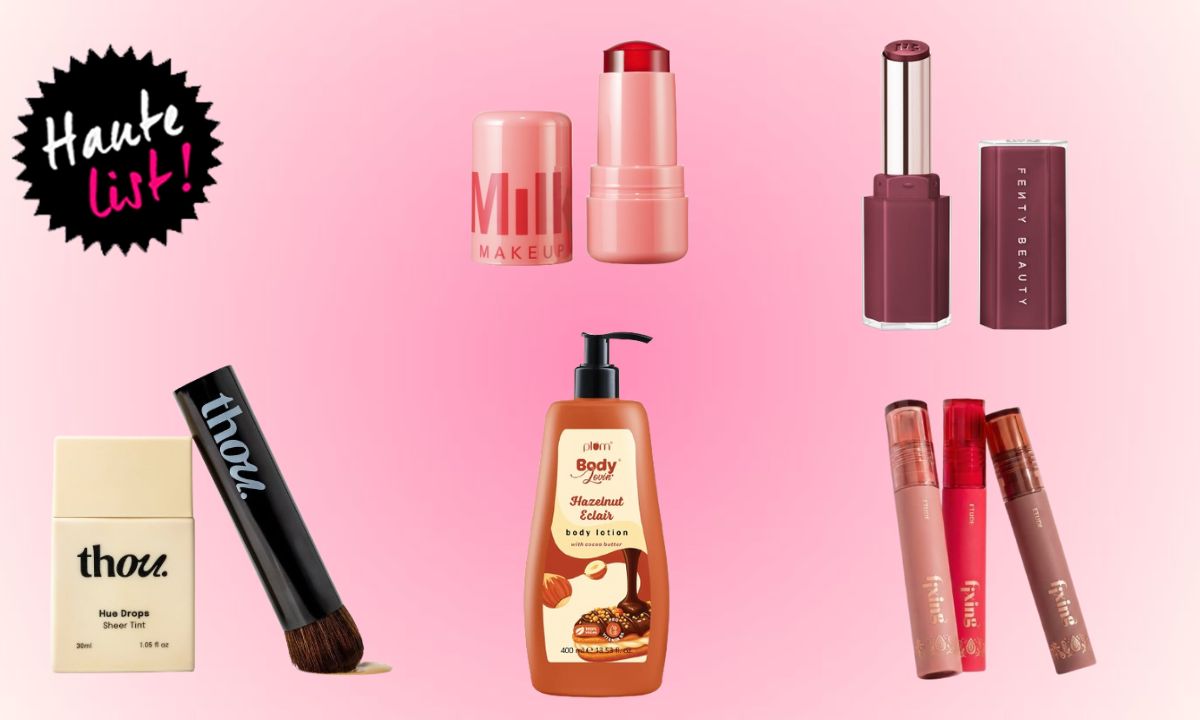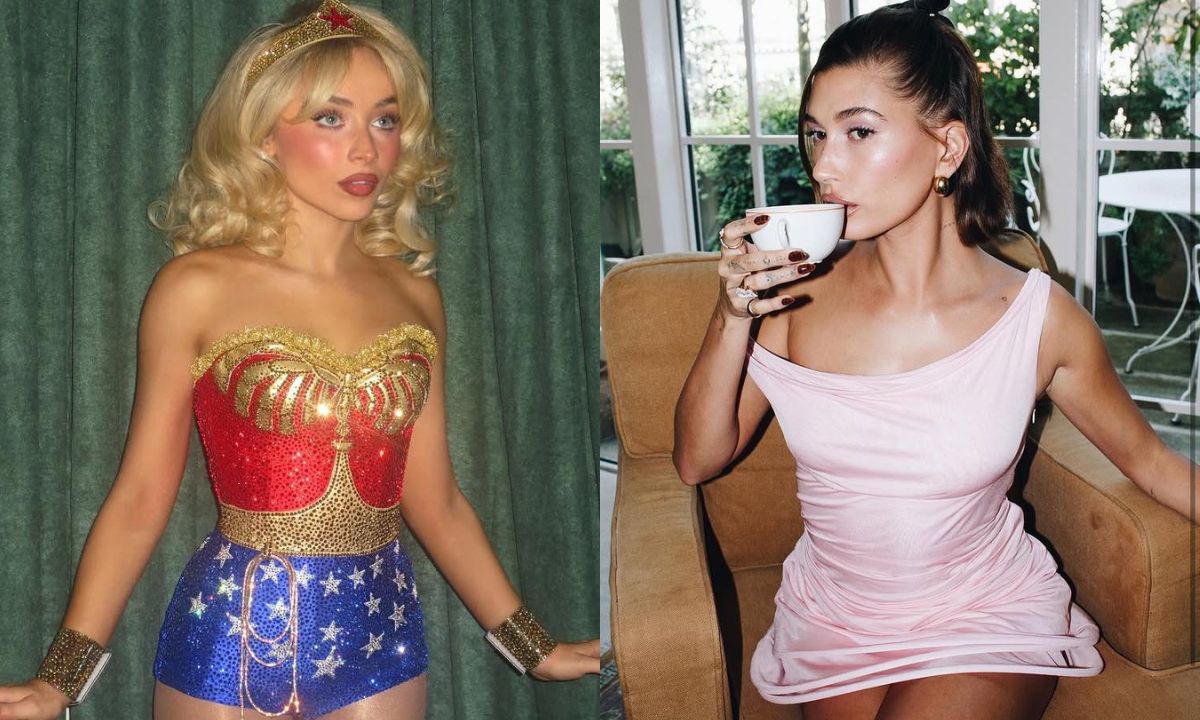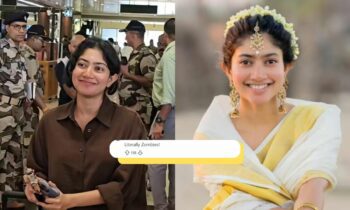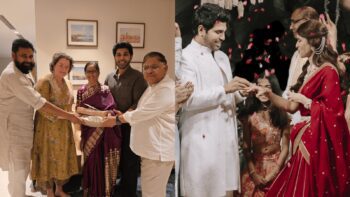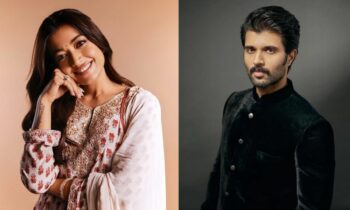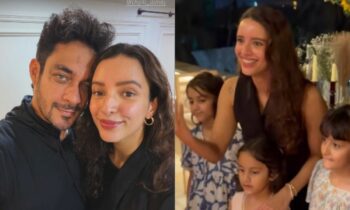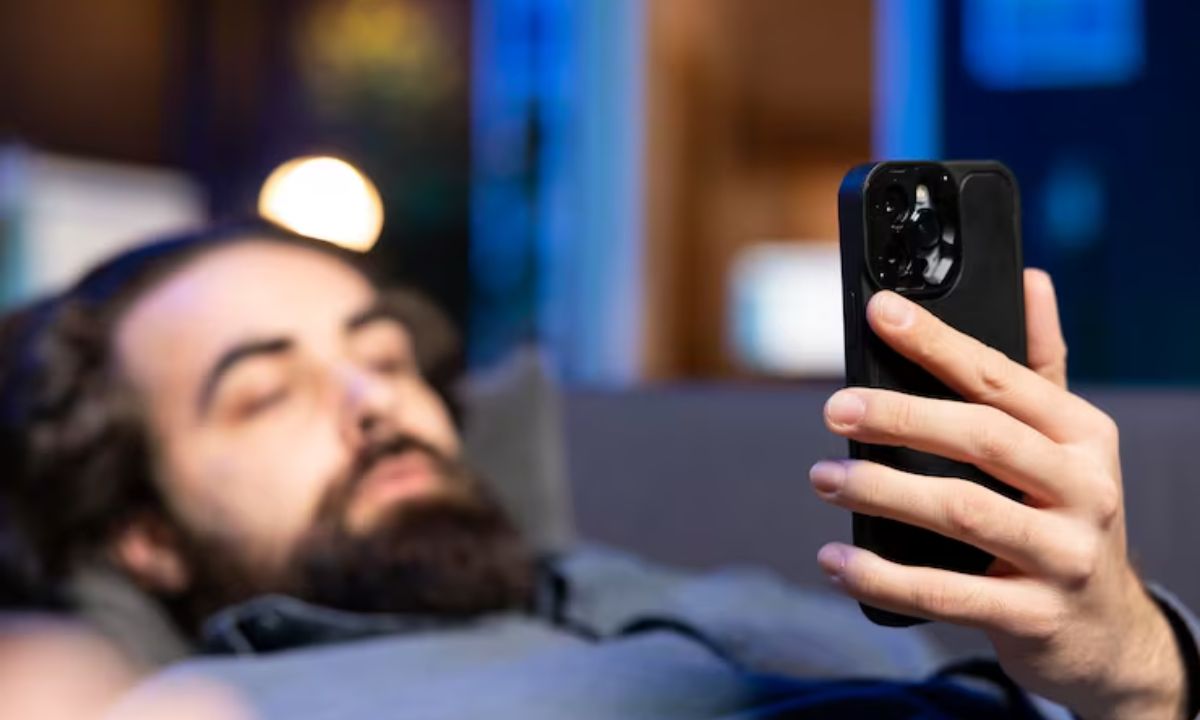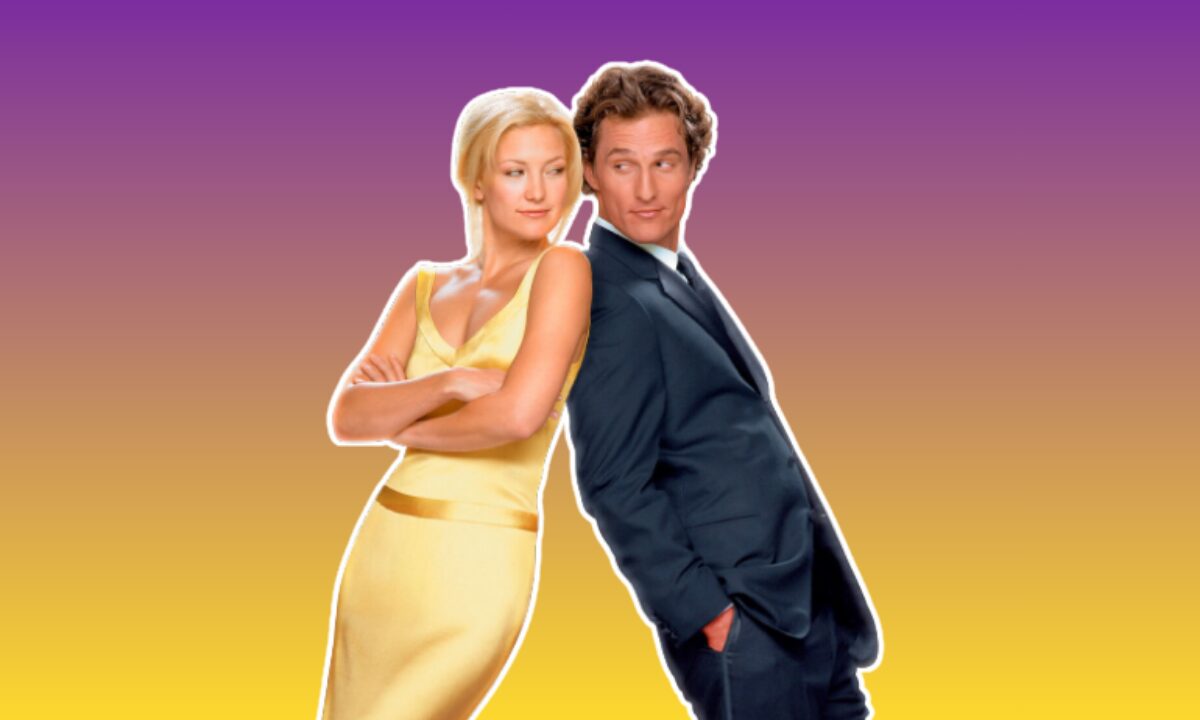Women With Bold Makeup, Coloured Hair Continue To Be Vilified In 2024. Do We Really Have Freedom?
Why does this stereotype persist? Partly, it's a legacy of traditional norms that prize women's purity and associate it with simplicity and modesty!
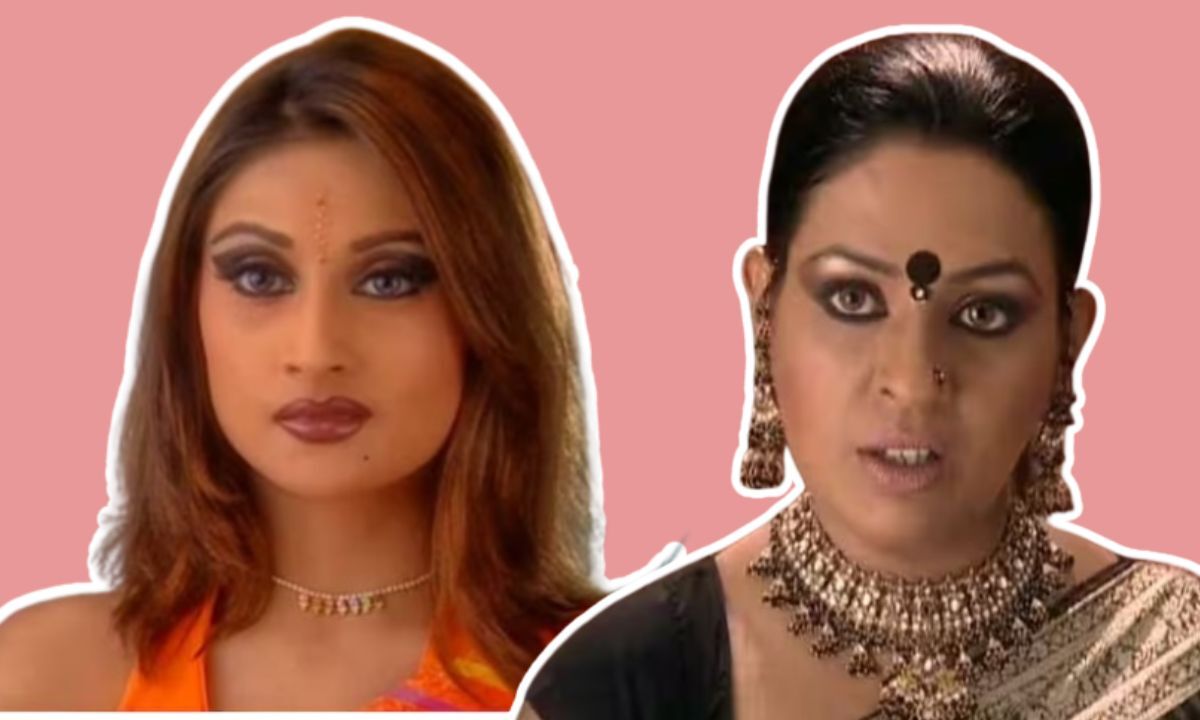
The bold strokes of dark lipstick or the dramatic sweep of eyeliner have long been more than just makeup choices—they’ve been a silent narrative tool used to colour women as villains in the stories told by society and media. This phenomenon, vividly captured in the portrayals of iconic characters like Komolika in Kasauti Zindagi Kay and Mandira in Kyunki Saas Bhi Kabhi Bahu Thi, reflects a deeper cultural bias that equates bold makeup with morally dubious character traits.
Bold Makeup Is Equal To Vamps
This portrayal taps into the age-old stereotype that sees virtuous women as those who adhere to subtlety, not just in their demeanour but in their appearance as well. The stark contrast between the ‘vamp’ with her unmistakable, vivid makeup and the ‘heroine’ often characterized by her demure, minimalistic look, perpetuates a troubling message: the more visually striking a woman’s makeup, the more suspect her moral compass. This bias isn’t confined to the fictional world of soap operas; it bleeds into real life, influencing societal views and affecting how women who love bold makeup are perceived. Many women can recall being cautioned against too much makeup, with warnings that it might send the ‘wrong message’ about their character or invite unwanted opinions, echoes of concerns like those voiced by my own mother during my teenage years, rooted in the fear of societal judgment.
Why Does This Stereotype Exist?
Why does this stereotype persist? Partly, it’s a legacy of traditional norms that prize women’s purity and associate it with simplicity and modesty. Makeup, especially when bold and conspicuous, is seen as an enhancement that not only transforms the face but also, mistakenly, is thought to mask the ‘true’ self. Moreover, there’s a power dynamic at play. Bold makeup can be seen as an assertion of confidence, a declaration of self-ownership that challenges the traditional, often patriarchal gaze expecting women to remain unobtrusive and compliant. The real issue here is the restrictive pigeonholing that limits the freedom of expression. Makeup is an art form, a mode of self-expression that should empower, not stigmatize. Breaking down these stereotypes begins with changing narratives in media and encouraging a broader acceptance of personal style choices in societal norms.
Also Read: Internet Labels Nia Sharma As “Chudail” For Applying Black Lipstick. Grow Up, Guys!
As we progress, the hope is that women will be celebrated for their choices, with makeup seen as an extension of personality rather than a marker of morality. Only then can the true essence of makeup be appreciated: not as a tool for typecasting, but as a celebration of individuality and expression.
Also Read: Here’s Why Isha Ambani Wearing Light Lipstick Shades Is A Huge Beauty Blunder For Brown Girls!
First Published: August 15, 2024 10:50 AM

